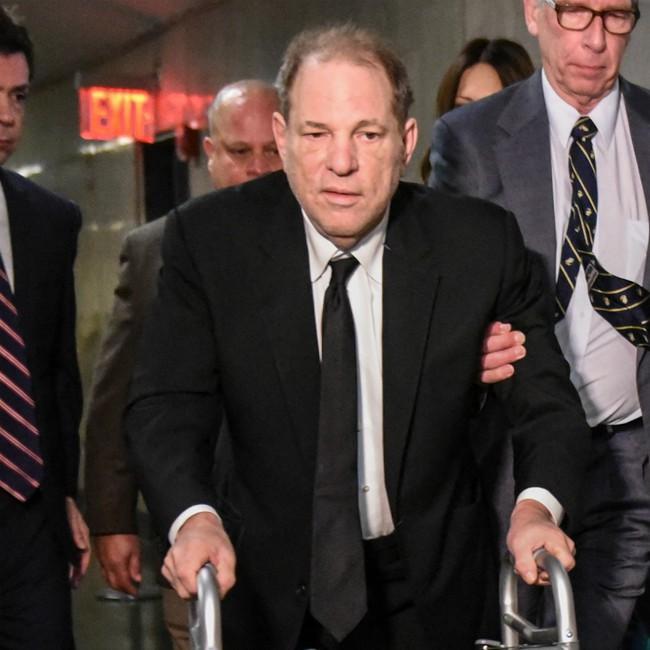Over a third of potential jurors have been rejected from Harvey Weinstein’s trial because they could not be impartial.
The 67-year-old disgraced producer is facing trial in Manhattan on five counts pertaining to sexual assault – including two counts of predatory sexual assault, two counts of rape and one count of criminal sex act – and on Tuesday (07.01.20), those who will decide his fate were screened, but out of 120 potential members of a 12-person jury and six alternates, 43 said they did not feel they would be able to be fair if they got a seat on the bench.
In the courtroom, Justice James Burke admitted the producer’s notoriety made it unlikely that any potential juror would not have heard of the allegations against him, but insisted that didn’t necessarily mean they would be disqualified from sitting.
He said: "This case has picked up a bit of press coverage so there might not be many of you who have not heard of the name Harvey Weinstein.
"I must tell you that having heard of [Weinstein] and even being familiar with the allegations against him… are not by themselves disqualifying and does not mean that you are not permitted to sit as a juror in this case.
"That alone does not necessarily disqualify you, so long as you keep in mind that the jurors in this case will be deciding the case based on what they hear inside the courtroom regardless of what the press or anyone else has said about the case outside the courtroom."
However, according to Variety, one woman admitted she’d automatically find Weinstein guilty, even without hearing any evidence, while others simply said they couldn’t be impartial.
Another person said: "I already heard a lot of the news."
The trial is expected to last between six to eight weeks, news which caused a number of other potential jurors to shake their heads after the judge described serving as "quite likely a significant inconvenience".
Potential jurors were warned not to read any news reports about the case, to report any interactions with members of the press, and told they could not communicate about the case on social media, email or by phone.
Dozens of potential jurors rejected from Harvey Weinstein trial
